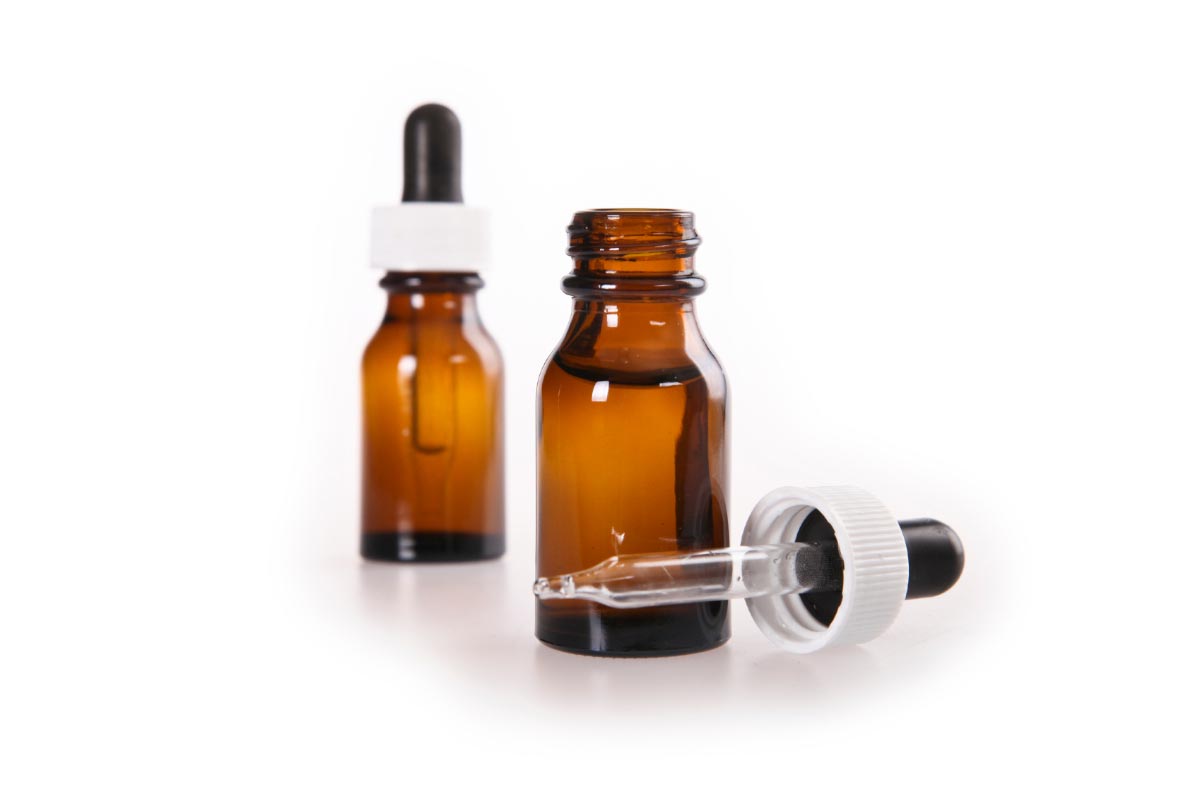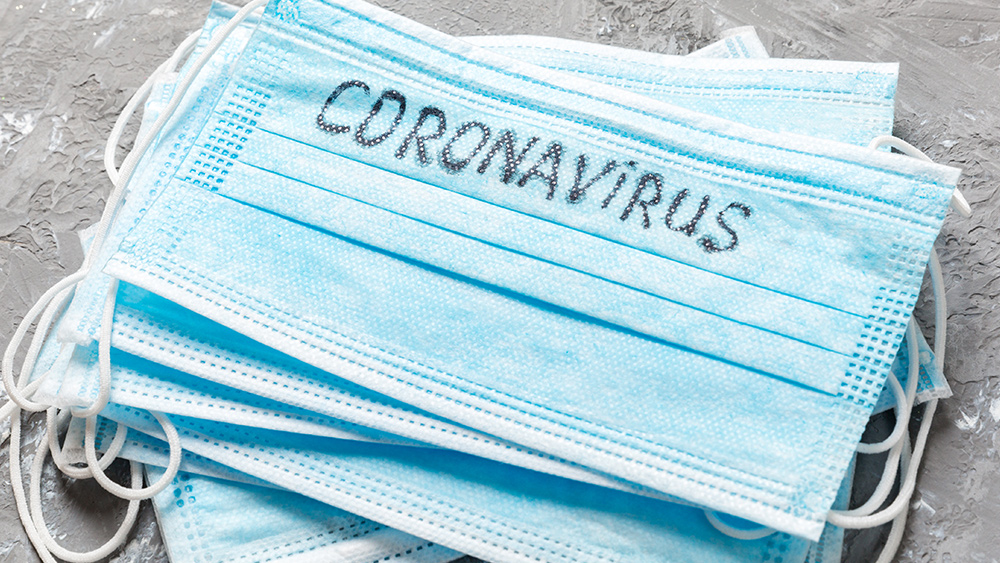
Advertisement
Australia’s most famous panacea, tea tree oil, is extracted from Melaleuca alternifolia leaves, a shrub-like bush native to the coastal regions of New South Wales and Queensland. While Australian Aborigines have used tea tree oil remedies for centuries, it is becoming more and more popular in many households around the world.
Today, tea tree oil is one of the most extensively researched essential oils. Its reputation as a cure-all is not an exaggeration since it can be used as a natural remedy for almost all infections and diseases. You can see why this magic oil is found in nearly every Australian home. There are many wonderful ways to use the oil. It can be diffused throughout your home or applied directly onto the skin. Or why not add it to your bath water or massage oils for an added healing effect?
Let’s explore some of those magical tea tree oil uses below.
1. Combat viral infections and cold sores
Viruses and other germs don’t stand a chance against this powerful essential oil. Tea tree oil works very well to treat cold sores caused by the herpes simplex virus.
2. Wound healing
This wonder oil can be safely used to disinfect minor burns and small cuts or wounds to prevent infection from setting in.
3. Clean surfaces
To clean surfaces and kill germs in the bathroom, kitchen, and toilet, simply add a few drops of the oil to homemade all-purpose cleaners.
4. Clear acne
Studies have proven that a five percent tea tree oil solution is just as effective as peroxide for acne-prone skin, without adding side effects such as drying and peeling of the skin.

5. Hydrate a dry scalp
Tea tree oil can be added to your natural shampoo and conditioner to prevent and treat a dry and flaking scalp, dandruff, and lice.
6. Remove toenail fungus, ringworm, and athlete’s foot
Next to its viral and antibacterial properties, tea tree oil also has the ability to kill parasites and fungus. It can be used undiluted (or diluted in a carrier oil if you have sensitive skin) on the infected areas.
7. Remove warts
To remove warts, apply the undiluted oil to the affected area several times a day. Patience is essential as the process can take up to 30 days.
8. Fight mold
The best way to prevent mold in damp places is to put a diffuser in the area and diffuse the oil into the air. Or, add it to your all-purpose cleaner to get rid of existing mold and mildew.
9. Natural deodorant
Tea tree oil is often used in organic deodorants to control body odor caused by bacteria that break down the sweat. Find a chemical-free, DIY recipe featuring tea tree oil to make your own effective and affordable deodorant.
10. DIY toothpaste and mouthwash
Your mouth houses a host of bacteria that may cause bad breath, bleeding gums, and tooth decay. Because of its potent antibacterial properties, tea tree oil makes an excellent addition to DIY toothpaste and mouthwash.
11. Relieve eczema and psoriasis
Eczema and psoriasis are skin conditions caused by chronic inflammation. While there is no cure, applying a lotion or carrier oil enriched with anti-inflammatory tea tree oil can ease the discomforts and speed up the healing process.
12. Soothe a sore throat
Known to relieve inflammation of the mucous membranes, tea tree oil can effectively be used as a gargle to soothe a sore throat.
13. Fight colds
Tea tree essential oil has antimicrobial, antibacterial, antiviral, and anti-inflammatory properties, making it the ideal solution to fight that stubborn head cold.
14. Insect repellent
Mosquitoes, fleas, lice, or flies all hate the smell of tea tree oil, making it an effective insect deterrent and bug killer.
15. All-natural hand sanitizer
As mentioned before, tea tree essential oil possesses strong antimicrobial properties which allow you to make your own all-natural hand sanitizer. Off The Grid News has shared an easy-to-make recipe.
While it is okay to use tea tree oil undiluted for some applications, if you have sensitive skin make sure to dilute it with a carrier oil and try it on a small patch of skin first.
Stay informed about more natural remedies at Remedies.news, and read about natural medicine cures at Cures.news.
Sources:
Submit a correction >>
This article may contain statements that reflect the opinion of the author
Advertisement
Advertisements















